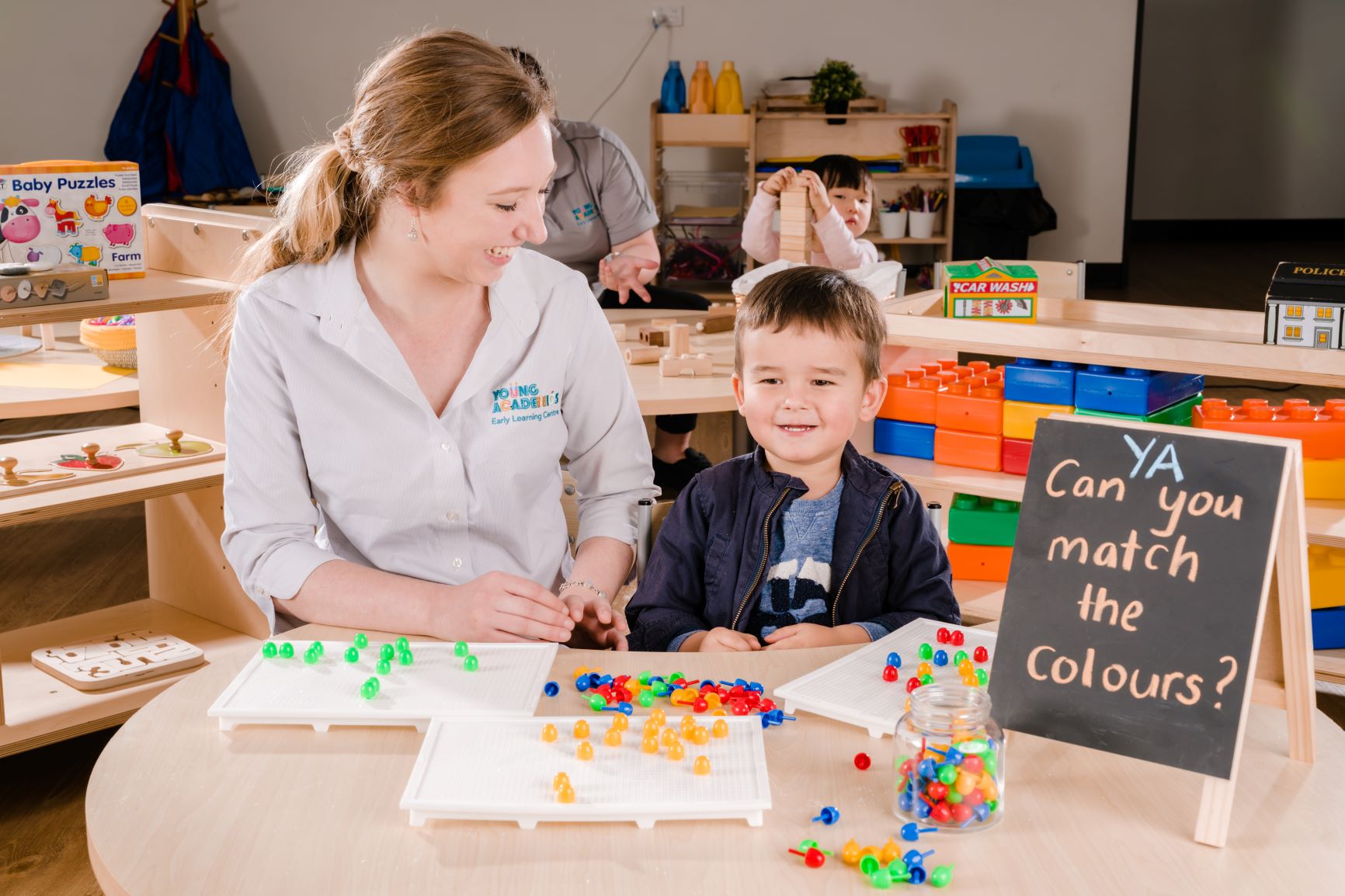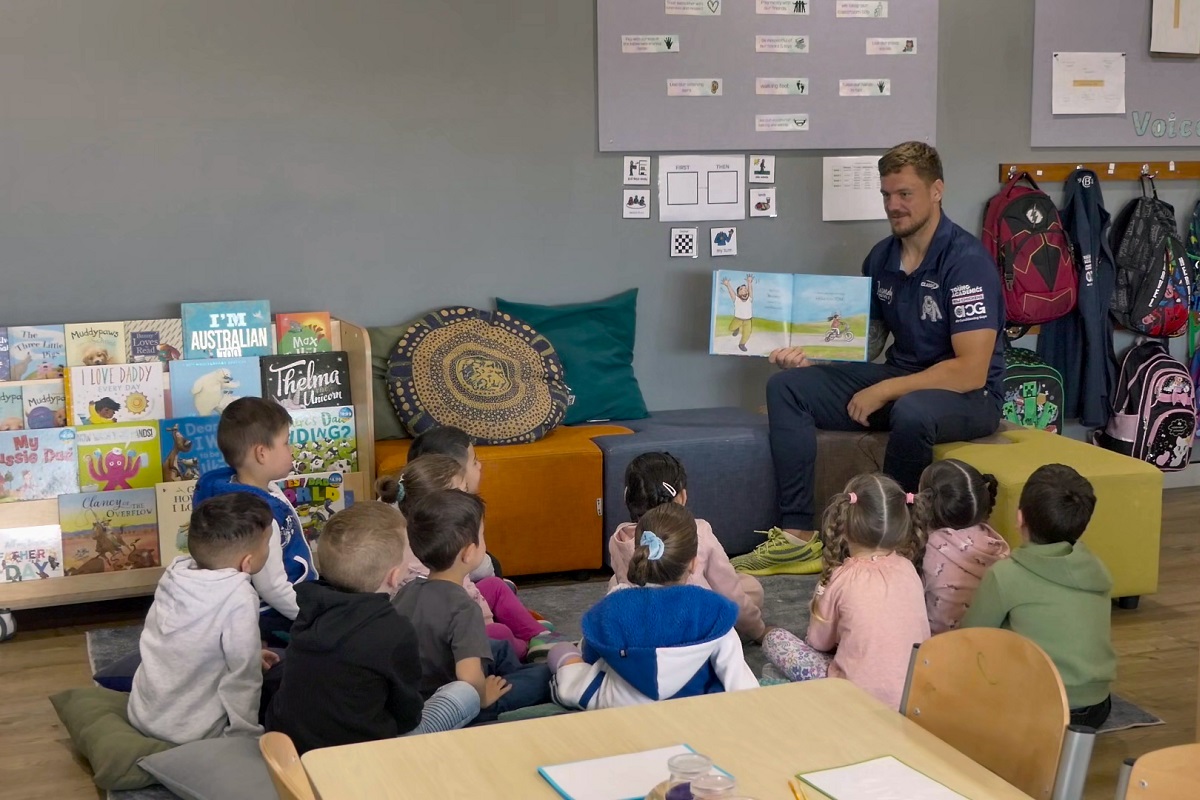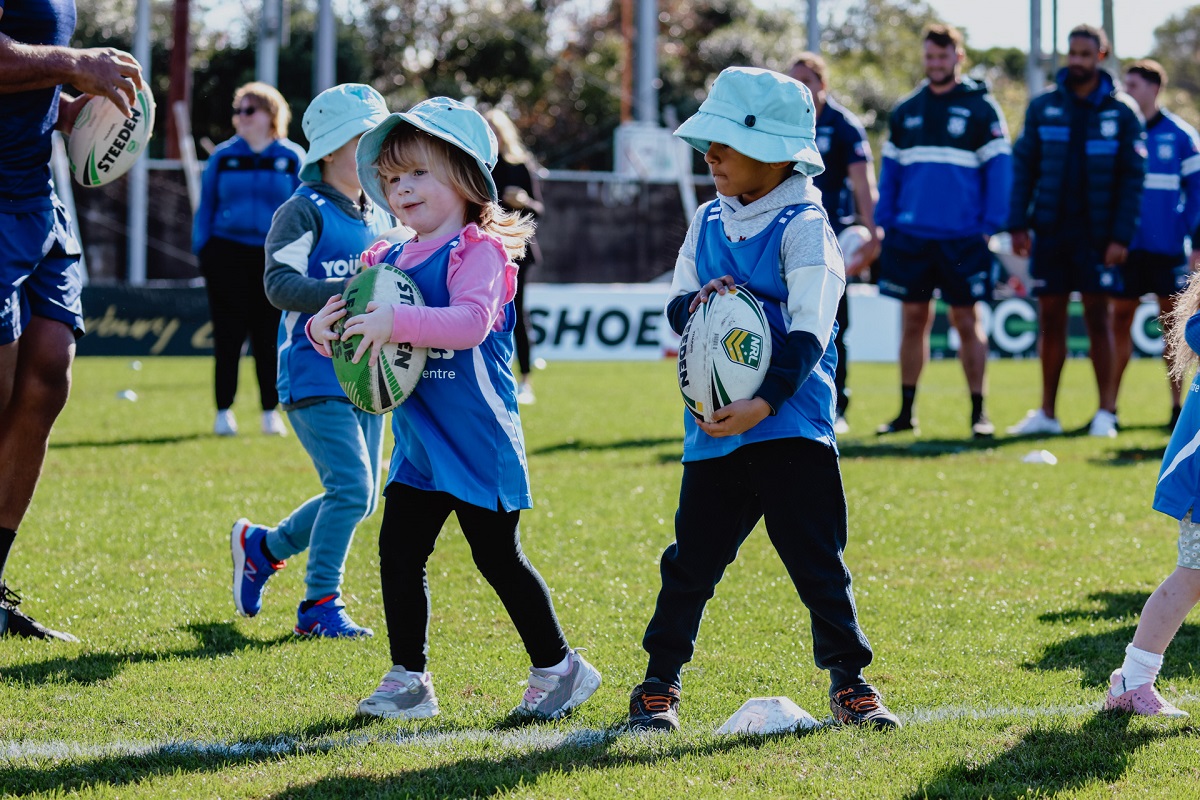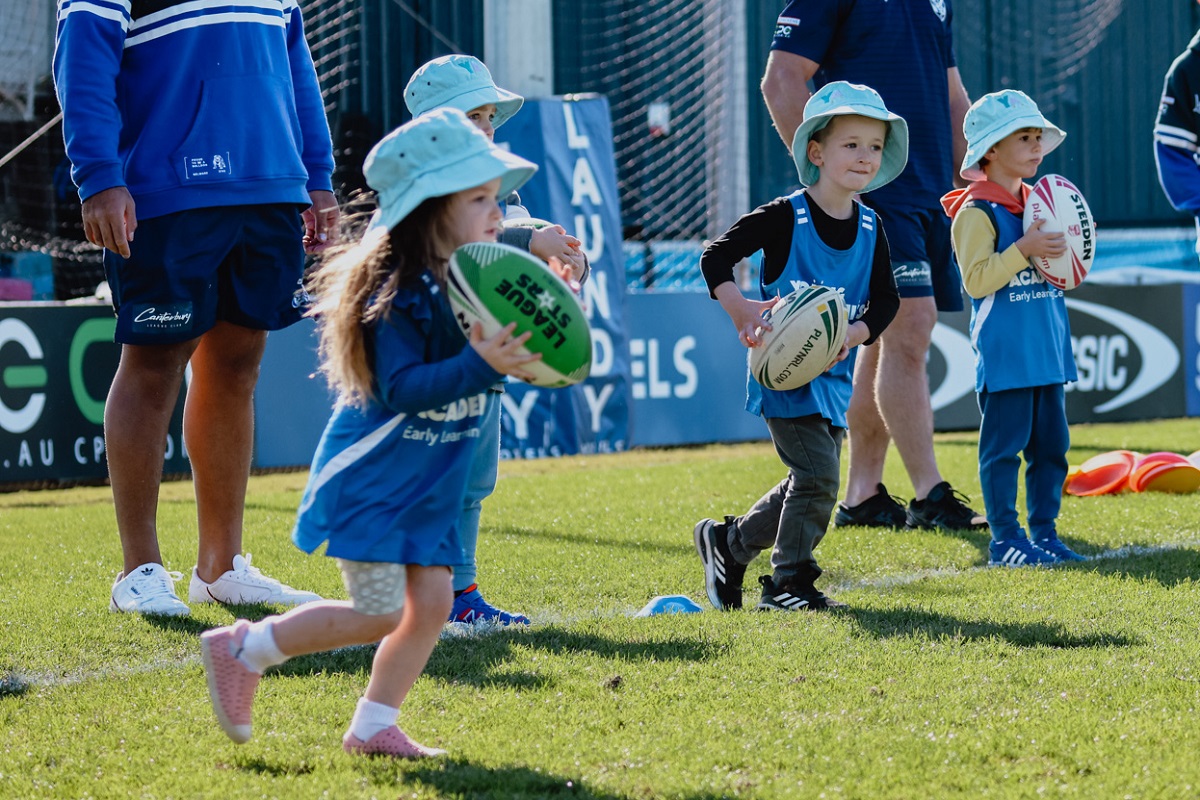Educators are often so great at their job because they genuinely love it. They feel the ultimate reward when they form connections with a child which, in turn, contributes to their development.
They should be a part of your child's life assisting them every step of the way, whether it is the good, the bad or the ugly.
These positive educator child relationships and connections are significant in impacting their development! Just like any relationship formed, making connections through care, love and attention are seen to provide many benefits.
Building positive relationships with children is a fundamental component of their growth and independence that resonate throughout their life. These relationships need to be built on trust, understanding, cooperation and motivation.
Research shows relationships are central to children developing acceptance, self-esteem and higher functioning thinking skills that contribute to positive learning and life outcomes - Early Childhood Australia
Educator-child relationships create a sense of belonging
Creating a safe and familiar environment within childcare centres, allows children to build on their confidence helping them grow and learn. Presenting children in this environment where they feel nurtured, safe and sheltered, helps them feel supported promoting their self-esteem; basically, in a child care setting.
The bond and relationship between a child and their educator are crucial in creating a sense of belonging as this is where a child is spending most of their time. If a child does not have a positive relationship with their educators, this could lead to social and mental issues. In child care centres, the relationships between child and educator are pivotal in ensuring positive learning and development.
Relationships between educators and children show consistency in care
Creating relationships built on care, support and love encourage the development of a child's brain, helping them through to their adulthood. Developing consistency in care is crucial for children as these relationships stay with them for many years to come.
To understand the importance of consistency, it is great to form a better perception of the attachment theory. This theory can be simply explained as the importance of forming strong relationships.
Here are some key points which can further explain the theory:
The nature of the relationship between parents, educators, family and children is the main ingredient for a child's brain development
Social and emotional functioning heavily relies on one's attachment to a primary carer
Responsiveness and delicacy of care when it comes to children is crucial in their social-emotional functioning and brain development
Childcare centres are often routine-based which means that consistency is at the bottom line of their day-to-day operations. Enrolling your child in a child care centre could be consistency in care, in routine, and all things related to the development of your child!
Educator-child relationships help children grow, learn and develop
Children learn many important life skills through their relationship with others. During the early years of a child's life, they learn many important skills and tastes. They are making their mark and finding their feet, which is why having a positive and healthy relationship can make all the difference in their development. Trust, kindness, support and care are key values which should be present in a relationship between a child and their carer as this builds a sense of identity and self-worth.
Children pick up these important life skills from relationships with educators, carers and family members:
- Flexibility and strength while communicating
- Accepting diversity and appreciating how everyone is different
- Creation of a sense of identity
- Creation of belonging and connection to a particular community
- Accepting feedback from others around them
- Value of experiencing new things
- Ability to adapt and accept change
For the relationship between a child and educator to be meaningful, the interactions between should be warm, caring and responsive. Providing a child undivided attention also helps build a connection, creating a sense of security, well-being and belonging.
In a nutshell, building positive relationships between educators and children:
- Creates a sense of security within children, allowing them to explore, play and learn
- Allows children to learn how to interact with others, respect them and show care
“All children grow and thrive in the context of close and dependable relationships that provide love and nurturance, security, and responsive interactions”
Although educational programs are beneficial, nothing matters more than the relationship a child has with their educators, carers and family members.
Quality, not quantity. Even if they spend little time at a childcare centre, the quality of relationships formed is significant for their social and emotional growth. At Young Academics, all our educators are passionate and caring ensuring all children receive the highest quality care and attention. Our educators are constantly improving on their skills to make sure they create a positive and healthy relationship with all of their little stars.
For more information about the Young Academics Difference, contact us on 1300 668 993.



 BACK
BACK



